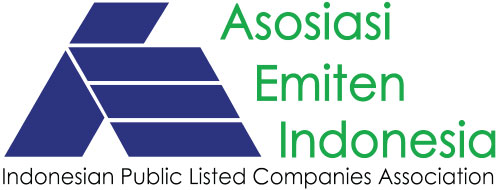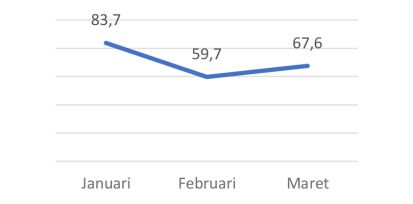
Assurance Standards in Sustainability Reporting: Enhancing Credibility and Trust
In an era where sustainability is a primary focus for many companies, the importance of transparency and accuracy in sustainability reports cannot be overlooked. One way to ensure that the information presented in these reports is trustworthy is through the application of assurance standards. These standards serve as guidelines for evaluating and verifying information, ensuring that reports are free from material misstatements.
Types of Assurance Standards
There are several assurance standards commonly used in sustainability reporting, including:
- AA1000 Series:
AA1000 AccountAbility Principles (AA1000AP): Emphasizes four key principles: inclusivity, materiality, responsiveness, and impact. These principles help companies engage stakeholders and identify the most relevant issues.
AA1000 Stakeholder Engagement Standard (AA1000SES): Regulates inclusive stakeholder engagement practices, ensuring that their voices are heard in the decision-making process.
AA1000 Assurance Standard (AA1000AS): Provides a framework for ensuring the credibility of sustainability reports.
- ISSA 5000: This standard is currently under development by the IAASB (International Auditing and Assurance Standards Board) and is designed to verify that sustainability information is free from material misstatements. It can be applied to various topics, including climate, biodiversity, and human rights.
Assurance Process
The assurance process involves several key steps:
Planning: Determining the scope and objectives of the assurance process.
Evidence Collection: Practitioners conduct interviews, document reviews, and data sampling to gather supporting evidence.
Analysis and Evaluation: Analyzing the collected evidence to assess the reliability of the information presented.
Report Preparation: Compiling a final report that includes findings, recommendations, and an assurance statement.
Benefits of Using Assurance Standards
Utilizing assurance standards in sustainability reporting offers various benefits, including:
Enhancing Credibility: Information that has undergone the assurance process is more trusted by stakeholders.
Building Trust: Providing assurance to investors that the reported information is accurate and relevant.
Improving Data Quality: The assurance process helps companies enhance the collection and management of ESG data.
Better Investment Opportunities: Increased transparency can open up better investment opportunities.
Conclusion
Assurance standards play a crucial role in enhancing the reliability and credibility of sustainability reports. By adhering to internationally recognized standards, companies can ensure that the information presented is not only accurate but also relevant to stakeholders. This, in turn, can strengthen relationships with investors and enhance the company's reputation in the market. In a world that increasingly prioritizes sustainability, the implementation of assurance standards becomes a strategic step that should not be overlooked.




 Back to Home
Back to Home







